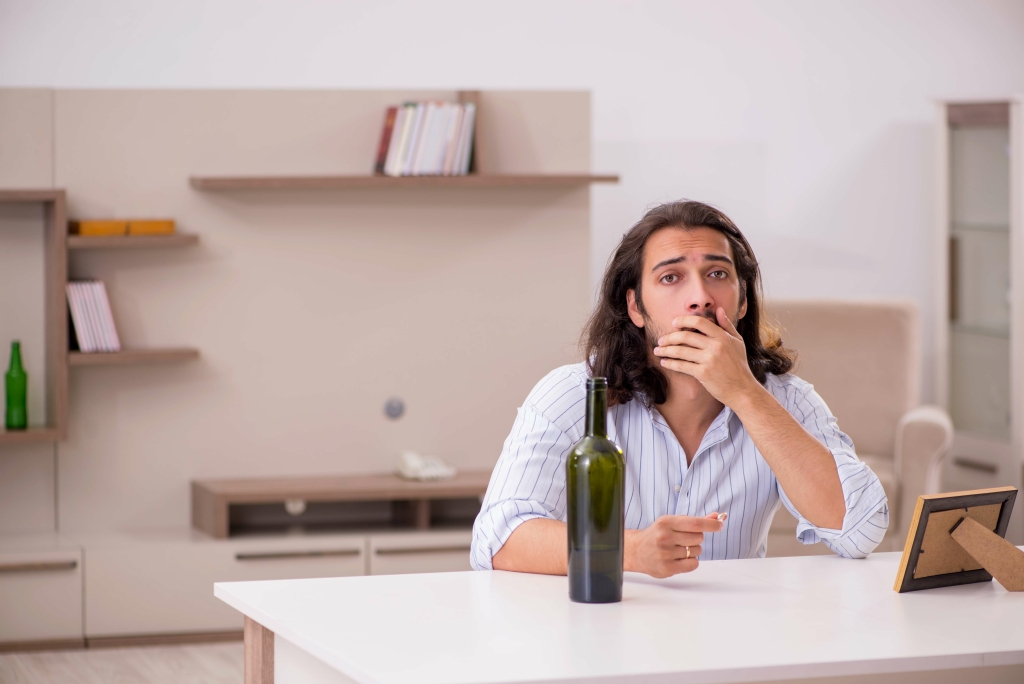Even if you’re not in the mood to attend a holiday party, surround yourself with people who are healthy and sober. Attend a meeting, call a sponsor, or find supportive friends and family. After individuals spend some time identifying potential relapse triggers, they must also identify effective ways to manage those triggers. Successful coping mechanisms are different for everyone as well as different for each trigger. For example, some individuals may not feel equipped to be in environments with substance use. In this case, an effective solution would be to avoid such environments during the holidays.

Any general advice posted on our blog, website, or app is for informational purposes only and is not intended to replace or substitute for any medical or other advice. If you have specific concerns or a situation arises in reframing holidays in early recovery which you require medical advice, you should consult with an appropriately trained and qualified medical services provider. Then there is the actual physical distancing of being alone or separate from all other people.
Protecting Sobriety With a Relapse Prevention Plan
I promise you are not the only one feeling down or unhappy around the holidays. Together, you can come up with a plan for what you’re going to do to make the holiday season a little bit better. Follow that plan and remember that the best gift you can give yourself this holiday season is another day sober. Those who are supportive of your recovery want to know what you need. Let a close friend know that you need an accountability partner to attend an event with you. Let family and friends know in advance that you won’t be drinking alcohol at the event.
“We cannot control what happens to us, but we can control our response.” The internet is full of quotes like this by various authors. We might be used to reacting to things out of our control, like other drivers, political posts from the opposition, and even the weather. It can be a challenge when things don’t seem to go our way. Here lies the rub; our response to everyday irritations may be making us sick. When attending an event with substances, have a pre-planned way to get out if things become difficult. Have a plan for the holiday, including mutual aid meetings and calls to those central to your recovery.
Women Addiction Statistics & Differences Complete Guide
12-step programs create an environment that promotes emotional safety, where people have the experience of feeling understood and accepted. Everyone deals with holiday stress, but for people in recovery trying to stay sober, the holiday season places unprecedented challenges. The simple idea of going holiday shopping can be stressful on its own. For those in early recovery, you’ve probably haven’t seen some family members and friends in awhile. Not to mention, there will be triggers almost everywhere you go. Whether virtual or in-person, a community of support is vital for an individual in recovery.

Fortunately, many recovery programs know that temptations only get stronger during the holidays. This is why most facilities offer support group meetings, such as Alcoholics Anonymous, to help keep one another accountable for their sobriety. Healthy boundaries are essential for protecting an individual’s recovery, especially during the holidays. Boundaries are often created in an attempt to manage relapse triggers. For instance, an individual in early recovery may request that their family refrains from alcohol or other substance use during holiday gatherings.
If you’re a family member or friend hosting someone in early recovery:
If you or a loved one is struggling with drugs or alcohol, call Recovery Centers of America at RECOVERY. Here are some general strategies for reframing holidays and creating successful sober celebrations. However, just because these emotions can be too much to handle, they are not excuses to rationalize a slip. The disease of addiction doesn’t make exceptions for the holidays.
Every emotionally challenging situation a sober young person is able to face, the stronger his or her recovery will be. Engagement with treatment resources is crucial for preventing relapse throughout the holidays. If an individual is unable to attend meetings regularly, consider attending virtual support meetings or keeping regular contact with a mentor. You may or may not choose to join family for the holidays depending on your needs in early recovery, and the circumstances of pandemic planning.
